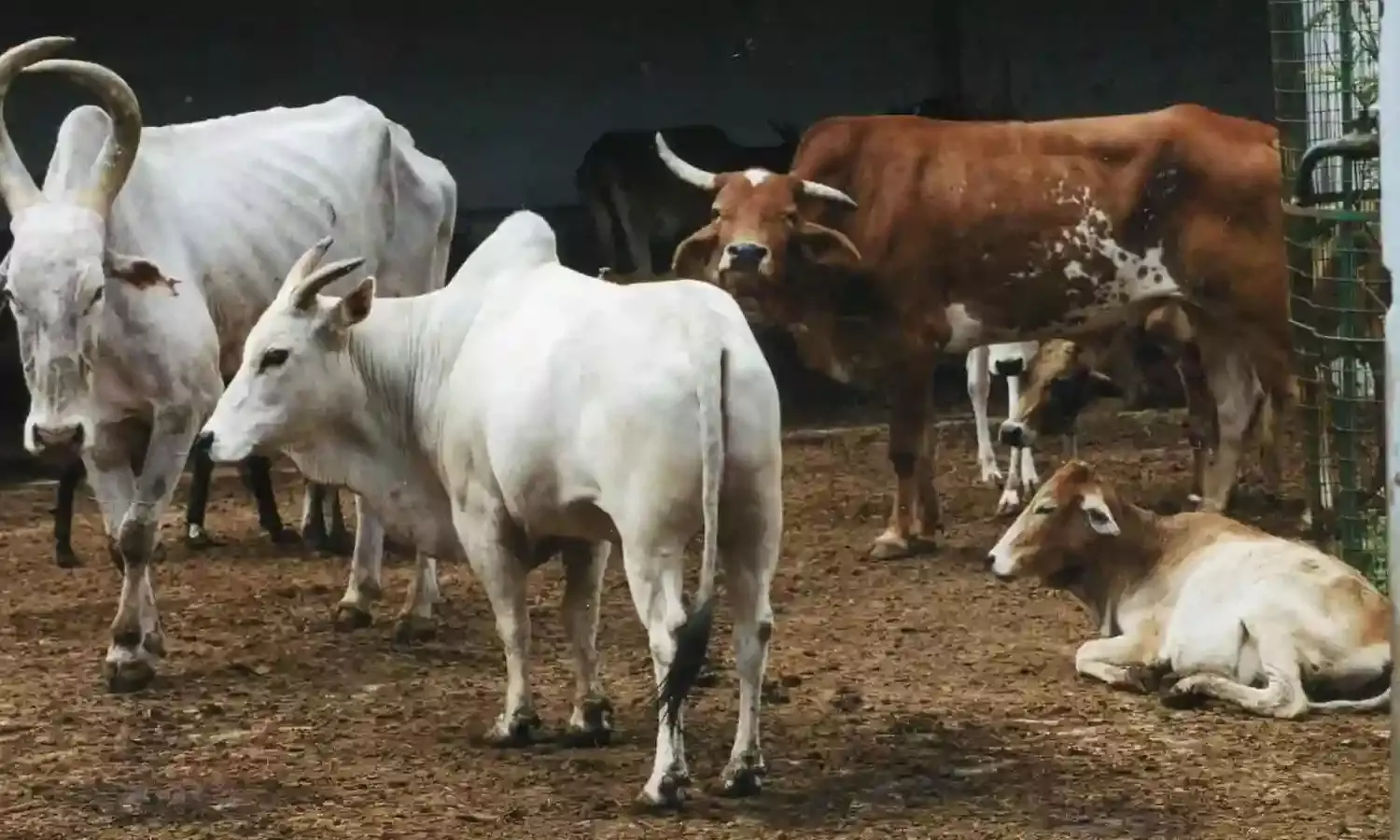Explained: Karnataka's New Anti-Cow Slaughter Bill And Its Provisions
A "good faith" clause coupled with stated government sympathies for cow vigilantes has raised fears of increasing harassment in the guise of cow protection.

The BJP-led government in the state on December 9 passed the Karnataka Prevention of Slaughter and Preservation of Cattle Bill (2020) amid strong opposition and uproar in the Assembly. This is simply a revised version of a bill passed by the BJP in 2010 when it was in power. The Congress government had shelved it in 2013 after it failed to get the Governor's consent and went back to the Karnataka Prevention of Cow Slaughter and Preservation of Animals Act, 1964.
What is New
The 1964 bill was much more lenient as it allowed cow slaughter under certain conditions. But the recent bill is stringent, with a complete ban on any kind of cattle slaughter including bulls and buffaloes under 13 years. Punishments under the law have also been intensified with cow slaughter bring termed a cognizable offence that attracts three to seven years of imprisonment. Fines between Rs 1-5 lakhs can be levied at first offence with subsequent offences potentially earning between Rs 5-10 lakhs in fines.
Section 17 - Good Faith
Under Section 17 of the new law "no suit, prosecution or other legal proceedings shall be instituted against the competent authority or any person exercising powers under this Act for anything which is in good faith done or intended to be done under this Act or the rule made thereunder." This has emerged as a contentious issue with opponents anticipating that it will be used to encourage and support cow vigilantism and harassment of minority by right-wing groups.
Precedence
The section was also present in the 1964 act and the ruling government at that time had to clarify that this will not be used to provide immunity to 'gau rakshaks'. Protection under the section will not be available for those, including societies, associations or institution or vigilante groups, who indulge in violence and create disharmony by taking law in their own hands and committing atrocities on innocent people, according to an affidavit filed by the government.
The current government has also clarified that the section has been introduced keeping in mind government officials like tahsildar, veterinarian or sub-inspector or other officials from false accusations and to give them a free hand to nab those involved in illegal trade or slaughter of cattle. Law minister JC Madhuswamy reiterated that private citizens like gau rakshaks can't initiate action under the act neither do they have any legal mandate.
Vigilantes at risk?
But concurrently, other members of the government are sending out a different message. Speaking to a news channel, Deputy Chief Minister CN Ashwathnarayan said that "Whoever is working for the cause and the law of the land, should definitely have the scope to work in this provision." He said it is important to report and communicate with the system regarding these kinds of illegal activities in order to ensure its prevention.
The deputy CM went on to say that cow vigilantes were vulnerable and they put their life at risk while working for the protection of cattle. "The people in the trade were completely armed, they were taking lives, killing. They know well how to manage and protect themselves. They are prepared. It's not the other way around. What we have seen in the state of Karnataka is cow vigilantes have lost their lives. Not even one incident where we have seen people in the illegal trade been affected," he said. "We can provide the data."
Factcheker tried to reach out to the deputy CM in order to obtain this data but haven't been able to establish contact.
We also spoke to Bajrang Dal state convener Suryanarayan Rao who claims that there have been 2-3 incidents where people in the cow protection squads have lost their lives, most recently "five or six years ago in Mangalore" when a person was run over by a truck carrying cattle. He says the attacks are common with cattle traders often attacking with swords and stones. "We have collected this information and shared it with the government," he said.
Factchecker has not been able to independently verify this incident or claims.
Activists do fear that this law will embolden cow vigilantes to use violent methods. Speaking to Factchecker, Bangalore-based advocate BT Venkatesh said that the new law, in conjunction with Chapter 10 of the Indian Penal Code, will help the cause of cow vigilantes. Even a false accusation can be argued as having been done in good faith. In place of credible information needed to detain, question or arrest someone for these charges, "reason to believe" would become sufficient under this particular law. "And that reason can be anything. Like them being Muslim," said Venkatesh. The law is going to pose a big challenge not only with vigilante goons but vigilante police as well, according to him.


